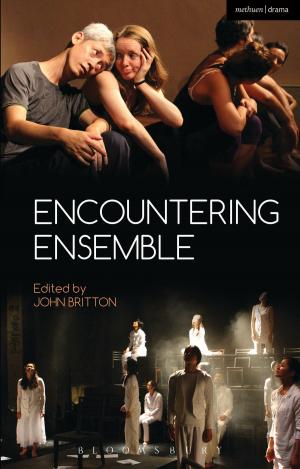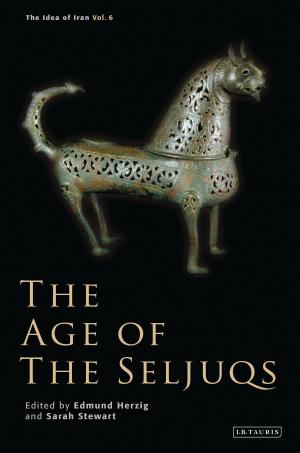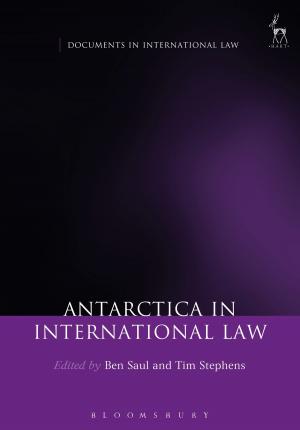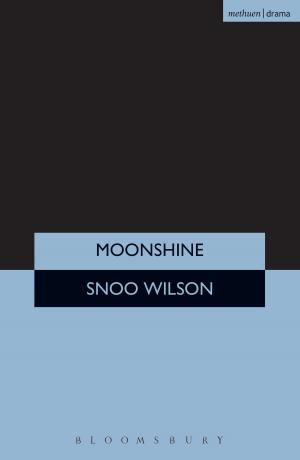The History of a Modern Millennial Movement
The Southcottians
Biography & Memoir, Nonfiction, History, Religion & Spirituality| Author: | ISBN: | 9781786721907 | |
| Publisher: | Bloomsbury Publishing | Publication: | May 30, 2017 |
| Imprint: | I.B. Tauris | Language: | English |
| Author: | |
| ISBN: | 9781786721907 |
| Publisher: | Bloomsbury Publishing |
| Publication: | May 30, 2017 |
| Imprint: | I.B. Tauris |
| Language: | English |
A feverish expectation of the end of the world seems an unlikely accompaniment to middle-class respectability. But it was precisely her interest in millennial thinking that led Jane Shaw to a group of genteel terraced townhouses in the English county town of Bedford. Inside their unassuming grey-brick exteriors Shaw found something extraordinary. For here, within the 'Ark', lived two members of the Panacea Society, last survivors of the remaining Southcottian prophetic communities in Britain. And these individuals were the heirs to a rich archive charting not just their own apocalyptic sect, but also the histories of the many groups and their leaders who from the early nineteenth century onwards had followed the beliefs of the self-styled prophetess and prospective mother of the Messiah ('Shiloh'), Joanna Southcott, who died in 1814. Placing its subjects in a global context, this is the first book to explore the religious thinking of all the Southcottians. It reveals a transnational movement with striking and innovative ideas: not just about prophecy and the coming apocalypse, but also about politics, gender, class and authority.
A feverish expectation of the end of the world seems an unlikely accompaniment to middle-class respectability. But it was precisely her interest in millennial thinking that led Jane Shaw to a group of genteel terraced townhouses in the English county town of Bedford. Inside their unassuming grey-brick exteriors Shaw found something extraordinary. For here, within the 'Ark', lived two members of the Panacea Society, last survivors of the remaining Southcottian prophetic communities in Britain. And these individuals were the heirs to a rich archive charting not just their own apocalyptic sect, but also the histories of the many groups and their leaders who from the early nineteenth century onwards had followed the beliefs of the self-styled prophetess and prospective mother of the Messiah ('Shiloh'), Joanna Southcott, who died in 1814. Placing its subjects in a global context, this is the first book to explore the religious thinking of all the Southcottians. It reveals a transnational movement with striking and innovative ideas: not just about prophecy and the coming apocalypse, but also about politics, gender, class and authority.















